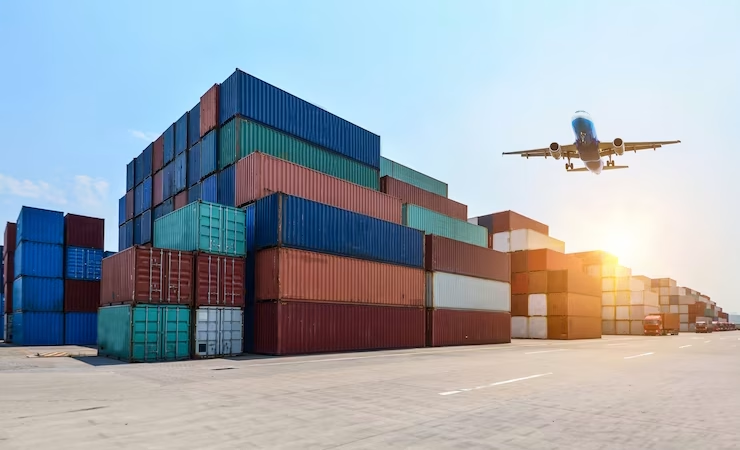
Expanding your small business into international shipping opens new opportunities but also introduces complex challenges that can quickly turn costly. Understanding and avoiding common pitfalls like rushing expansion, neglecting market research, and failing to account for cultural differences can save you time and money. Shipping across borders requires precision in planning and execution to ensure smooth operations, so here are 5 costly mistakes that are crucial to avoid:
1. Incorrect or Incomplete Customs Documentation
One of the most common mistakes in international shipping is submitting incorrect or incomplete customs documentation. This can lead to shipment delays, fines, or even seizure of your goods. Customs authorities require specific documents like commercial invoices, packing lists, and certificates of origin.
Errors in any of these documents can halt your shipment. You must ensure all paperwork is accurate, complete, and matches the details of your cargo. Even small discrepancies can cause problems.
To avoid this, create a checklist of required documents for each shipment. Review and verify every entry carefully before submission. Keeping clear internal processes for documentation preparation and review will help catch errors early.
Staying updated on customs regulations and requirements is also critical. Rules can change frequently, affecting the forms and information you must provide. Consider consulting a customs broker if you find these processes complex. They specialize in navigating documentation and compliance to help shipments clear customs smoothly.
2. Underestimating Shipping Costs and Duties
When you expand into international shipping, accurately calculating all costs is essential. Shipping expenses go beyond postage and freight charges. You need to factor in packaging, labour, insurance, and any handling fees.
Customs duties, taxes, and import fees vary by country and product type. These charges are often overlooked but can significantly increase your total shipping expense. Failing to include these costs will reduce your profit margin unexpectedly.
Common hidden fees include:
- Fuel surcharges
- Port handling fees
- Customs brokerage fees
- Documentation charges
It’s important to research the specific customs regulations and tariff classifications for each destination. Incorrect or incomplete documentation can trigger delays and additional charges.
3. Choosing The Wrong Shipping Partner
Selecting the right shipping partner is crucial when expanding your small business into international markets. A poor choice can cause delays, higher costs, and increased risk of lost or damaged goods.
Look for partners with proven expertise in international shipping. Check for industry certifications, customer reviews, and a strong global network. These factors signal reliability and experience.
Consider these key criteria when choosing your partner:
| Criteria | Why It Matters |
|---|---|
| Experience in target markets | Ensures understanding of local regulations and customs requirements |
| Transparent pricing | Helps avoid unexpected fees and budget surprises |
| Real-time tracking | Provides visibility and control over shipments |
| Customs clearance support | Reduces risk of delays caused by incomplete paperwork |
4. Failing To Understand Local Regulations
When expanding into international shipping, failing to grasp local regulations can lead to costly penalties and delays. Each country has unique import-export laws, taxes, and customs procedures that you must follow precisely.
You need to research customs requirements, including documentation, tariffs, and prohibited items. Ignoring these details can cause shipments to be held, returned, or fined.
Employment laws and product standards also vary by country. For example, labeling requirements or safety certifications may be mandatory before your goods can be sold locally.
You should also stay informed about changes in regulations. Local laws can evolve, affecting your compliance status unexpectedly.
Working with local legal experts or consultants can help you navigate complex legal frameworks. This helps prevent costly mistakes and protects your international reputation.
5. Poor Packaging for Long-Distance Transit
When shipping internationally, packaging must withstand various stresses like shocks, vibrations, and changes in humidity. If your packaging is weak, your products are more likely to get damaged during transit.
Choosing the right materials is critical. Use robust cartons and protective fillers that suit the specific conditions your shipment will face. Testing packaging durability under real-world conditions can help you avoid costly returns.
Avoid using packaging that is too large or heavy. Oversized packaging increases shipping costs and the risk of product movement inside the box, which leads to damage. Balance size and strength carefully.
Overall, these 5 mistakes are easily avoidable when you are aware of them and can plan effectively, allowing nothing to get in the way of effective international shipping for your growing business.
